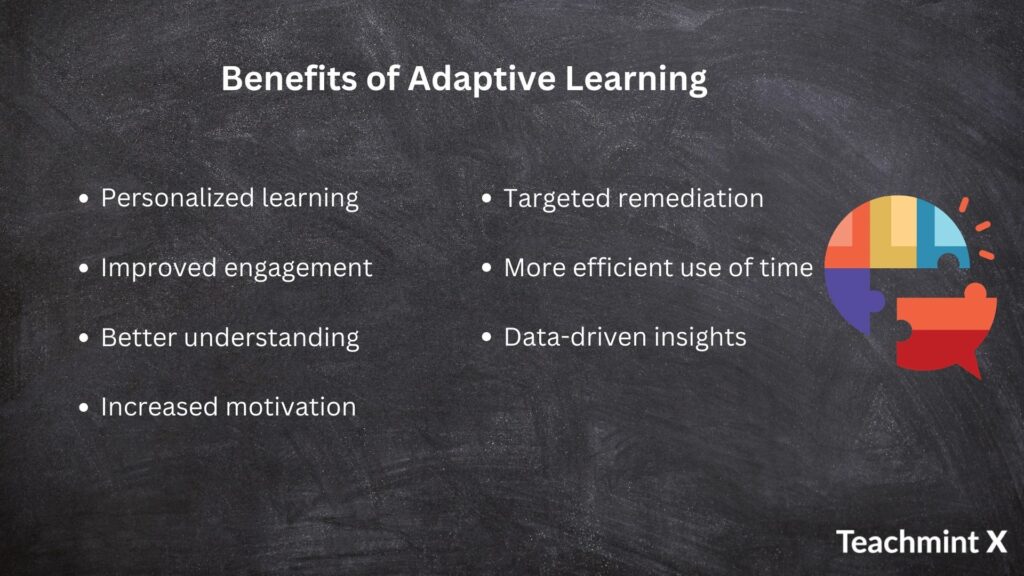Adaptive learning is a form of teaching, keeping in mind the student’s individual needs, conducted with computer algorithms. It allows the teacher to give out customized learning resources to each catering to the needs in an exclusive way.
Adaptive meaning is the ability to adjust or change according to the circumstances of the environment. Adaptive meaning can change from person to person, for some people it may be adapting according to nature and for some, it can be adapting according to the needs. But, in this article, we will be referencing adaptive learning, which simply means adjusting the methods of learning according to different environments or subjects. In the modern world with such advancements in technology, it is very important to adapt according to the environment and according to changing trends.
Adaptive learning meaning is to change and modify the method of teaching and learning according to persons special needs and the advancement in technologies used to provide education and enhance the process of learning for the students.
Adaptive learning meaning is very crucial to understand if a learner really wants to adapt according to different learning styles and situations. Adaptive learning means blending in the current learning style, to get maximum out of the resources that have been provided to the learner.

Adaptive learning offers several advantages, both for students and educators:
- Personalized Learning: Adaptive learning systems provide personalised feedback and guidance to students which enhances their performance.
- Increased Engagement: By providing interactive and dynamic content that adapts to the learner’s preferences, adaptive learning keeps students engaged and motivated throughout the learning process.
- Targeted Feedback: Adaptive learning can provide personalised feedback to each student which even improves their performance and helps them understand their weak points, and how they should improve themselves.
- Higher Retention Rates: With constant feedback and instruction from teachers, the learning process is improved which improves the end result.
- Flexibility and Accessibility: Adaptive learning systems can be accessed from anywhere in the world at any time.
- Cost-Effectiveness: The initial cost of setup may be involved but it is still very cost-effective because it removes the need for physical classrooms which takes more resources
- Data-Driven Insights: Adaptive learning platforms collect large amounts of data on student performance and learning behaviours, which can be used by educators to identify trends, assess effectiveness, and make precise decisions which enhance performance.
Adaptive Learning is also a form of digital learning as the teaching methods are aided by computer algorithms that pick up every student’s speed and learning capacity. The data is then processed to give out various choices to the students. They are then free to choose their path within a specific course. It goes without saying that this is a beneficial approach.
This allows them to go on their pace without feeling the need to rush or slow down due to the rest of the students. Adaptive learning coordinates the actions taken by the students as indicated by their responses, and the algorithm thus creates an individual path.
This type of learning is usually from predetermined modules and applied systematically. It benefits the students by addressing their unique needs through real-time feedback and customized content, enabling adaptive teaching through a data-driven approach. This will help[ to significantly improve their achievement. Adaptive Learning allows the engagement of students with active learning where they are a part of the learning process.
indly explore the Website for more information.

